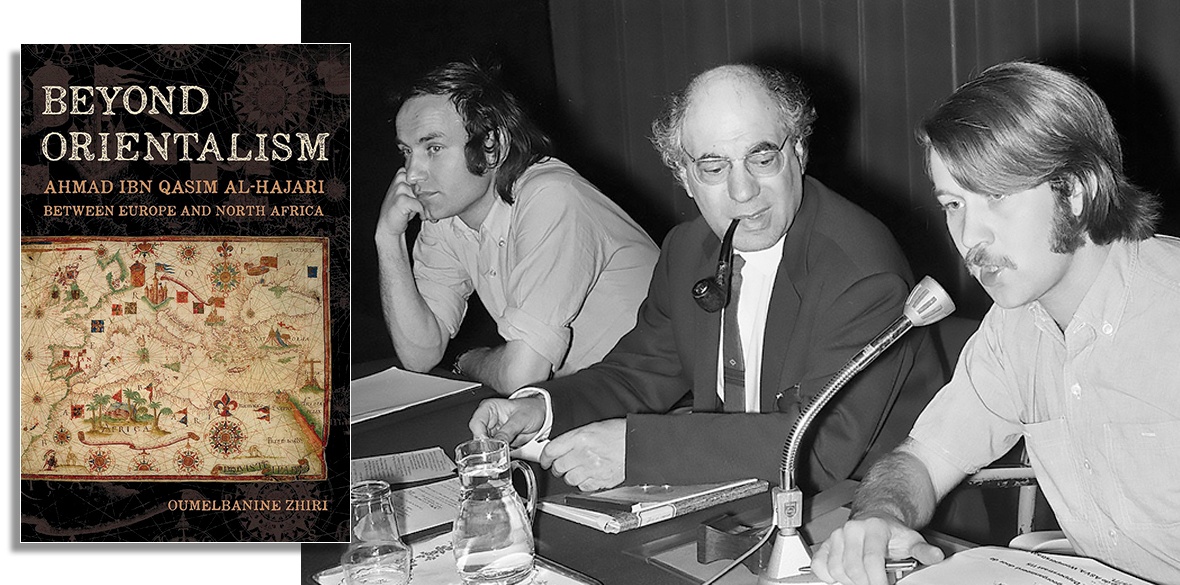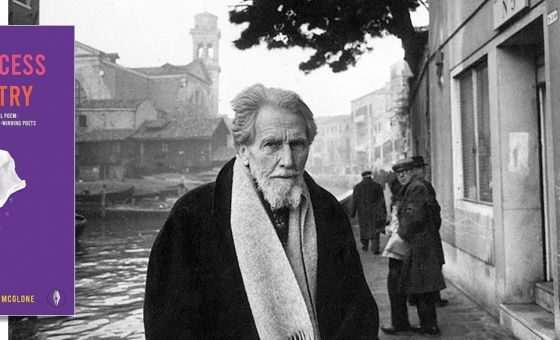This is the last article you can read this month
You can read more article this month
You can read more articles this month
Sorry your limit is up for this month
Reset on:
Please help support the Morning Star by subscribing here
Beyond Orientalism: Ahmad Ibn Qasim Al-Hajari, Between Europe and North Africa
Oumelbanine Zhiri
University of California Press, £25
MOST conversations on the left about the concept of Orientalism generally focus around it being a Western-imposed project underpinned by racist and colonial narratives.
Characterising what renowned Palestinian writer Edward Said was to term the “other,” countless nations, and particularly Islamic ones, are seen as religiously intolerant, fanatical and in need of strong rule. Western society is likewise assumed to be superior on the basis that it is progressive and enlightened while the “Orient” is inherently traditional and reactionary, a rationale for dominance and in turn exploitation if ever there was one!
By concentrating on the life and work of little-known scholar Ahmad al-Hajari, Zhiri’s important book argues for a far more nuanced and multifaceted approach.
Born in 1570 into the Muslim Morisco community of southern Spain, al Hajari had to flee his homeland following state-led Christian persecution. Dying in 1641, his life in exile had not been one in which there was little contact with Western society.
As a translator, legal advocate, theologian and all round polymath, he travelled widely and worked for various governments, and not just ones in the “Orient.” Well versed in Islamic apologetics, for example, he engaged in fruitful and mutually beneficial debates with practicing Christians across Europe, earning respect and accolades from many for both his intellect and sincerity. Driven by a thirst for knowledge, he was a man of boundless energy, and the sheer breadth of his interests and correspondence is breathtaking, and all the more so considering that this was a pre-industrial world.
The Republic of Letters, of which al Hajari was an essential part, demonstrates an internationalism and an open and inclusive search for truth that might well come as a shock to leftist and secular observers.
We would do well to remember that Western nation states were by no means as strong, united or as expansionist as they were later to become. It was not that long ago that Islamic empires had occupied large parts of mainland Europe. Many North African and Middle Eastern countries continued to exercise considerable political, economic and military strength throughout the 16th and 17th centuries and should by no means seen as powerless victims.
A beautifully produced and illustrated work, “Beyond Orientalism “is a richly detailed account whose key themes are often developed by sheer weight of evidence alone rather than explicitly stated from the outset.
What is surprising is that Zhiri makes little attempt to compare her own stance with those of previous “Orientalist” writers. Said gets only a cursory glance, there’s no reference to the conservative Bernard Lewis and none to French Marxist Maxime Rodinson. The latter omission is all the more surprising because, while appreciative of Said’s monumental contribution, Rodinson also thought that it was overly simplistic, one way and dogmatic in orientation, a critique that the author herself would undoubtedly share.
On reflection, it is no real shock that the relationship between nations took multiple forms as it was, and remains, a long drawn-out affair anchored in an area as culturally diverse as it is geographically immense.
Zhiri’s fascinating book is a good way of reminding ourselves of this as we continue to explore these much contested landscapes of exchange.











